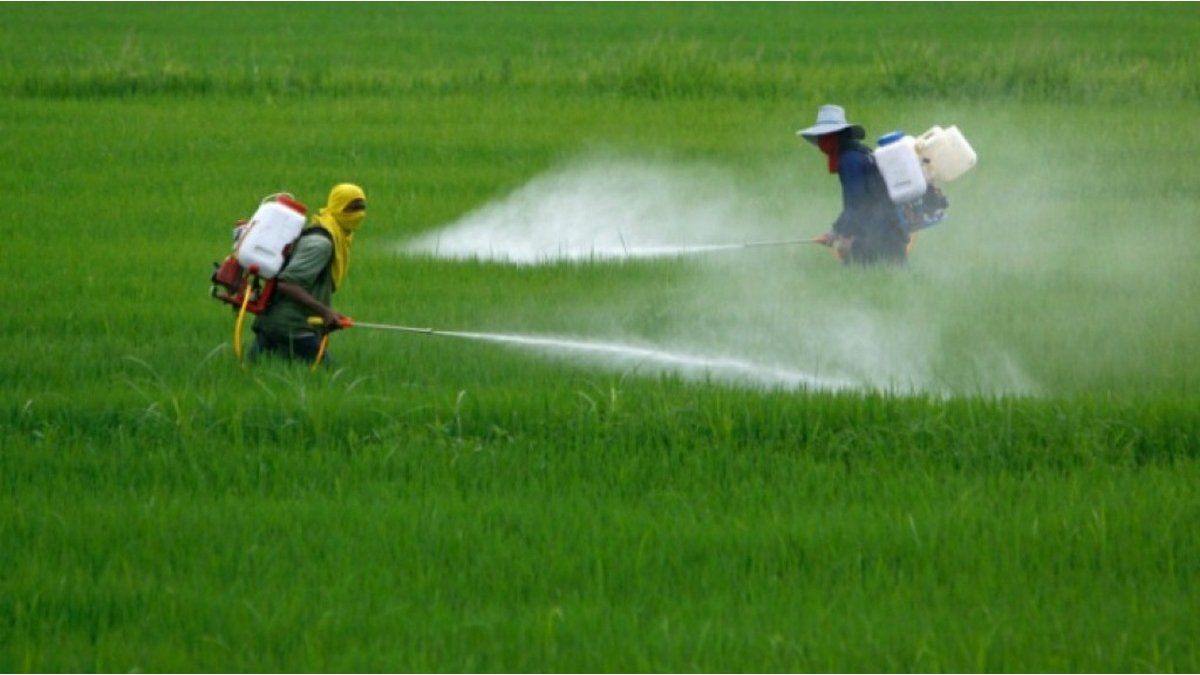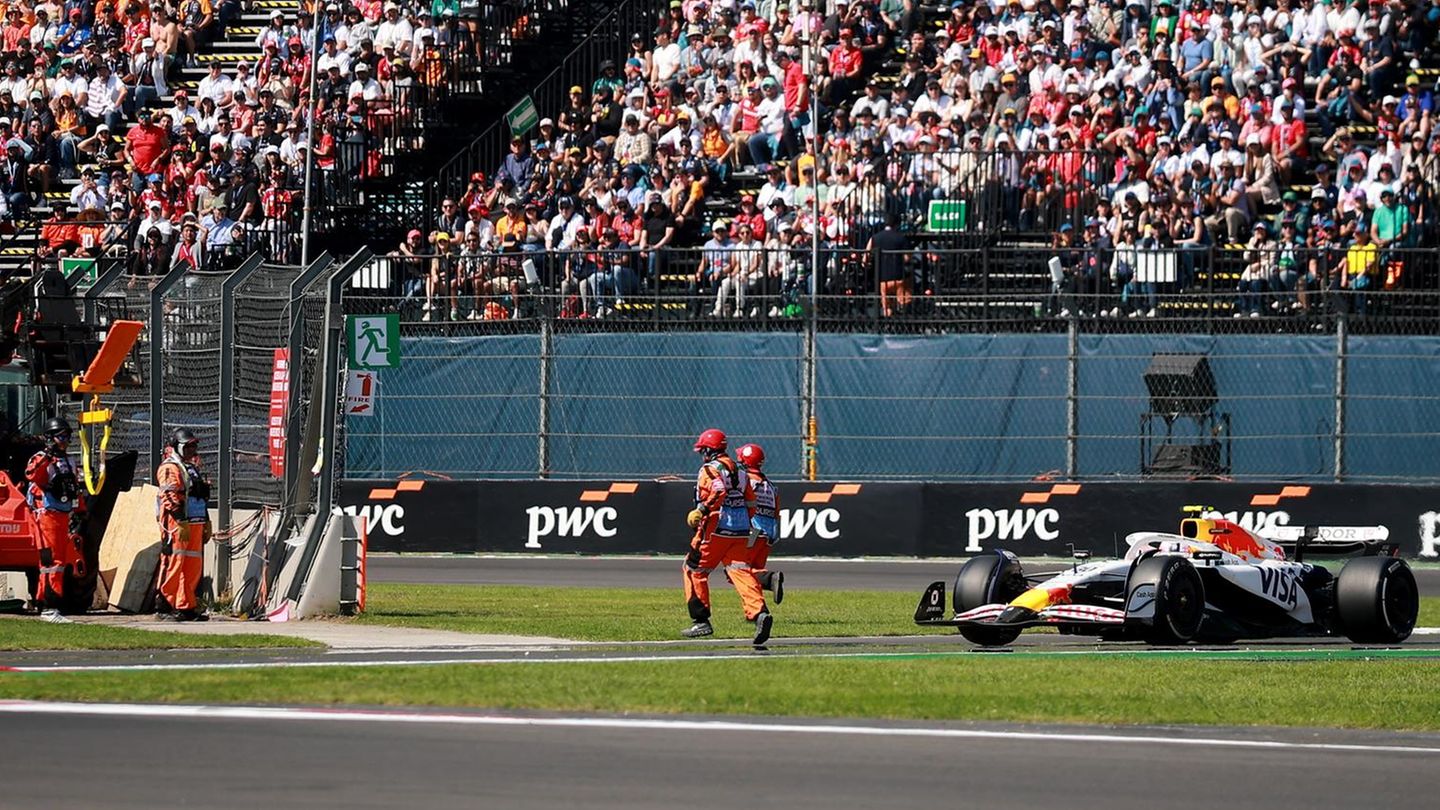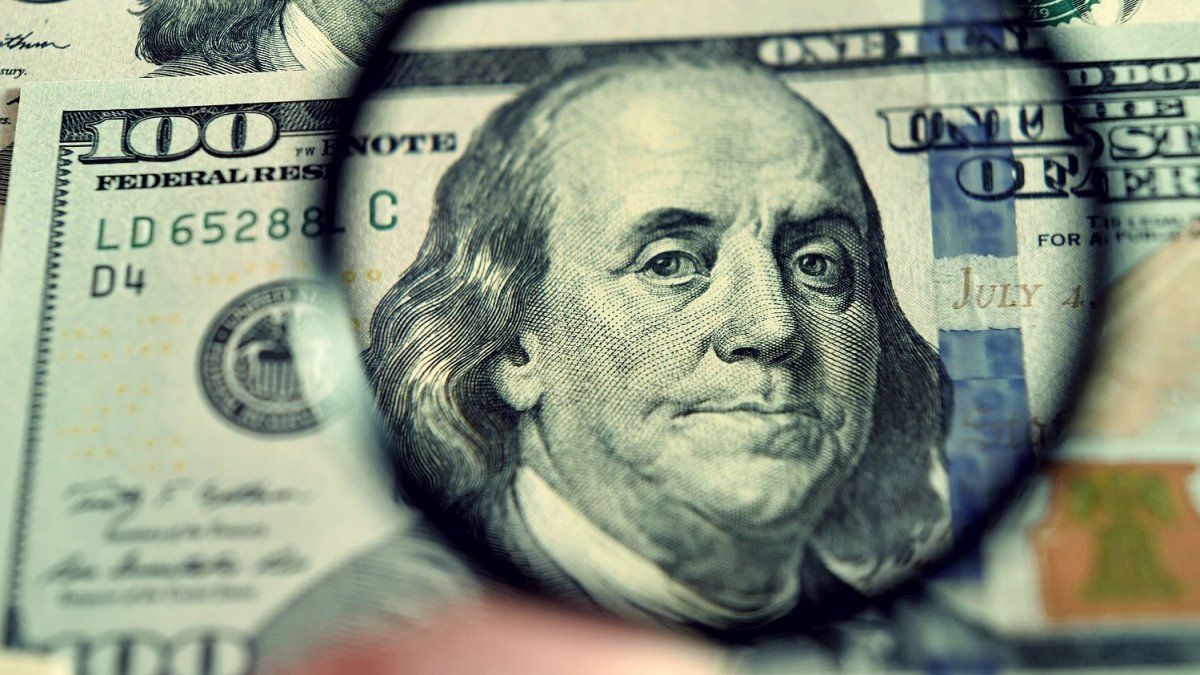The body of the European Union (EU) for food safety said that did not detect a critical health risk from the herbicide glyphosatealthough he was associated with the cancerwhich could open the door to prolong its use in the EU.
In a report delivered this Thursday to the European Comissionthe executive body of the EUthe European Food Safety Authority (EFSA) said “did not identify a critical domain of concern” of the glyphosate in humans, animals and the environment.
Glyphosate in Misiones.jpg
According to the scientific terminology of the EFSAa risk is classified as “critical” if it affects all proposed uses of the test substance and therefore prevents its authorisation. In this case, EFSA estimated that there is “a high long-term risk in mammals” in half of the proposed uses for this herbicide, although he acknowledged that the absence of data precluded a definitive analysis.
This studio, long awaited among ecologists and farmerswill serve as the basis for the European Comission to decide whether or not to extend for five years the authorization to the best-known brand of herbicides, which expires on December 15. It should be noted that the report, which will be made public in Julyit’s based on 2,400 studies and in the opinions of 90 experts from EU Member StatesEFSA noted.
The organism said that in it does not appear a final opinion on the risks linked to food consumption “due to incomplete data on the amount of glyphosate residues in rotational crops such as carrots, lettuce and wheat.” “However, this should not lead to exceeding toxicological safety levels“for humans” and therefore no identification was made no critical concerns“added the body, reported the AFP news agency.
Glyphosate in Misiones.jfif
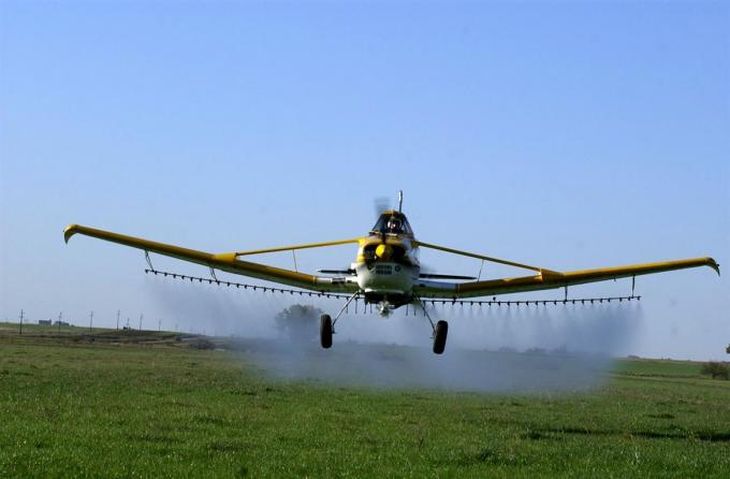
The EFSA also recognized insufficient information on toxicity of one of the components present in the formula of a pesticide based on glyphosate under evaluation, although he pointed out that there is no “no indication of acute toxicity”.
Many questions remain in the air, in particular about the impact on biodiversity. Although experts point out that the risks “they are complex and depend on multiple factors”EFSA estimates that, “as a whole, the information available does not allow us to draw definitive conclusions“.
European Union
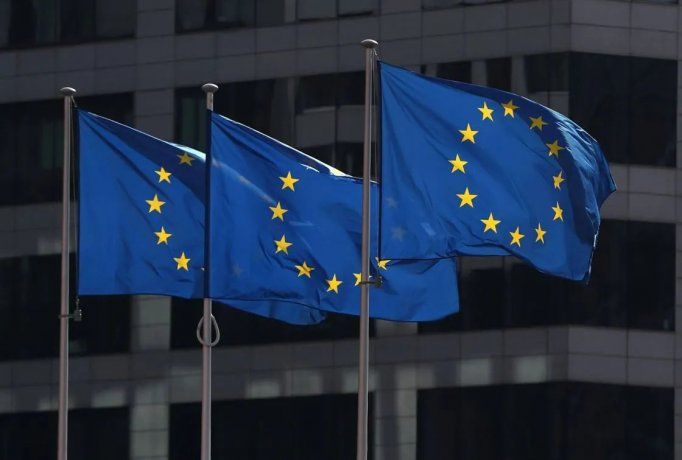
Reuters.
What is glyphosate?
He glyphosate is the active substance of a well-known herbicide widely used in United States, Europe and Latin Americahe roundup of the Monsanto group, which in 2018 was acquired by Bayer. He International Center for Research on Cancer (CIRC) of the World Health Organization (WHO)the health agency of the UNclassified glyphosate in 2015 as a “probably carcinogenic” for humans.
While a group of experts from France concluded in 2021 that “there is a increased risk of non-Hodgkin’s lymphomas with an average presumption of relationship” with glyphosate. Instead, the European Agency for Chemical Substances and Mixtures (ECHA) considered in June last year that the available scientific evidence does not allow glyphosate to be classified as carcinogenic.
Germany prepares to facilitate the abandonment of the use of glyphosate

The EFSA It was initially supposed to publish its conclusions in the second half of 2022, before announcing the postponement due to the number “without precedents” of comments received. Pending this study, the Commission extended one year, until the December 15, 2023the authorization of glyphosate in the EU.
For his part, environmental associations disagree and ask for its ban. “The toxic effects of glyphosate, as well as its ubiquitous presence in the environment and living beings, are widely documented,” said some 15 NGOs in a letter asking the French government to oppose its reapproval.
Instead, the producers shows “very confident” when the authorization will be given again, according to a representative of Glyphosate platform France (Bayer, Syngenta, among others) cited by the French magazine France Agricole. It is worth mentioning that agricultural organizations oppose the prohibitionsince they consider that it is inevitable get rid of weeds.
Toxic.jpg

Courtesy: Pinterest
The European NGO Corporate Europe Observatory (CEO) rejected the report wondering “how could EFSA give glyphosate the green light based primarily on studies low-quality scientific studies carried out by companies”. For its part, greenpeace He also criticized it and asked the European Comission already the member states that “oppose a renewal of the authorization” of the herbicide.
Europe It is not the only region of the world where there is debate about glyphosate, which also causes controversy in many countries of Latin America. Likewise, in USAlitigation by persons who reproach the manufacturer for the lack of warning of the risks of use of Roundup cost Bayer billions of dollars.
Source: Ambito

